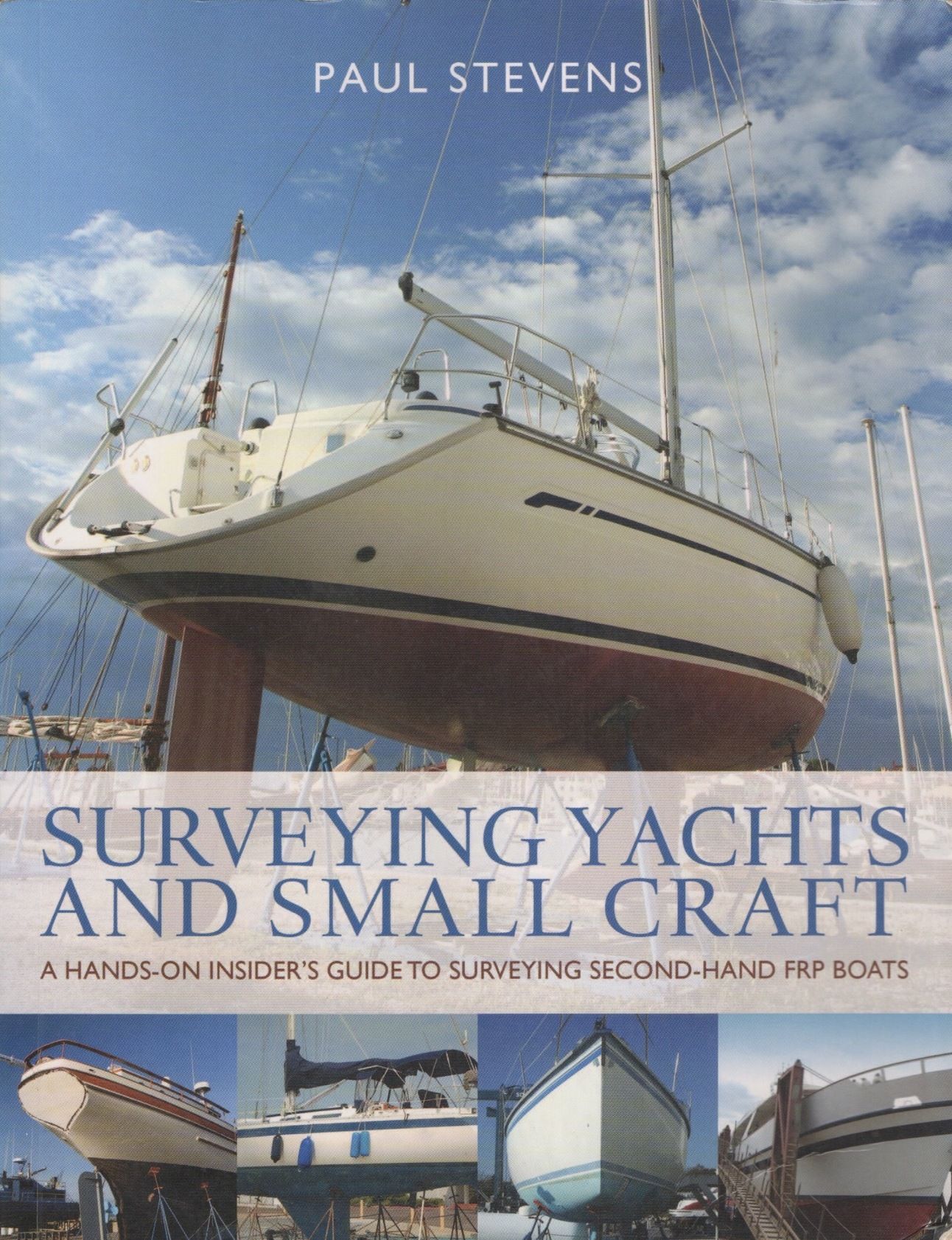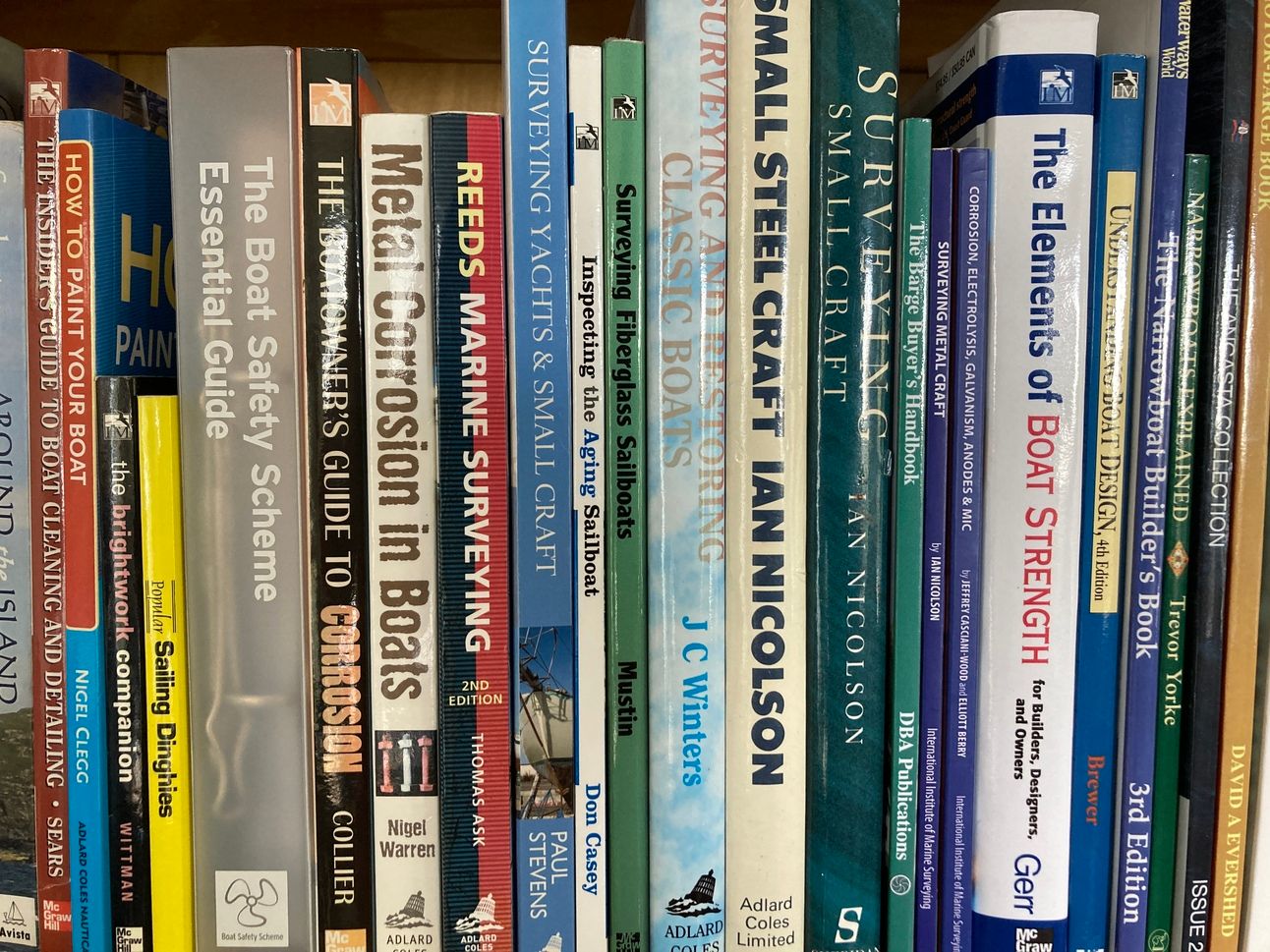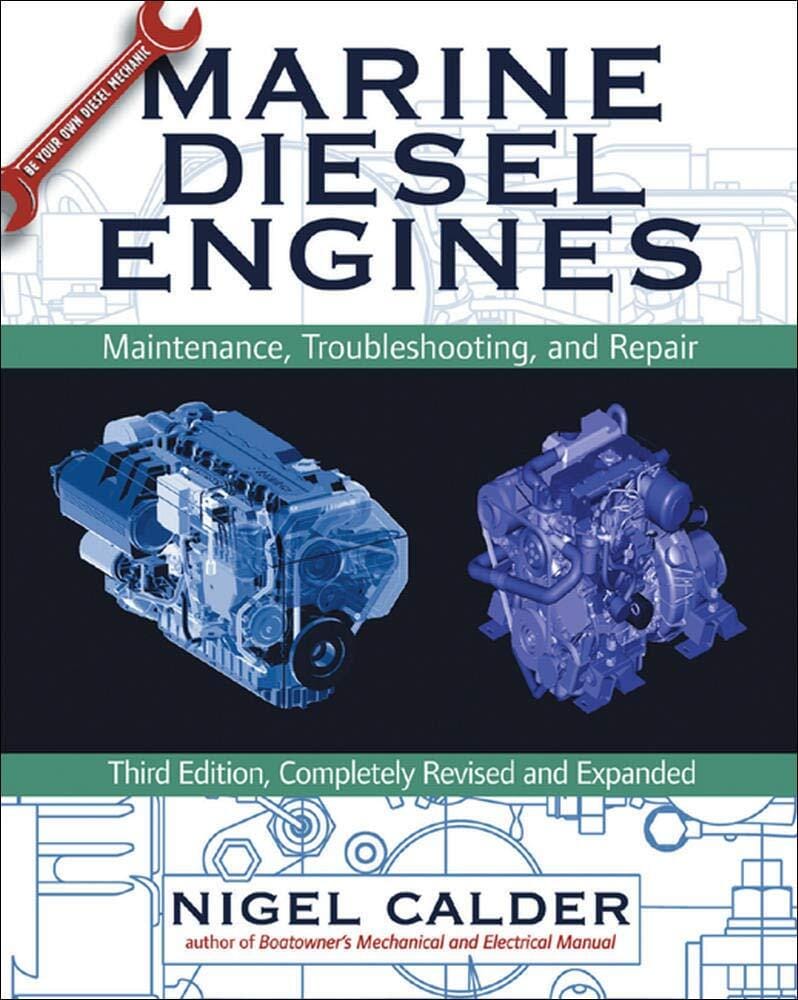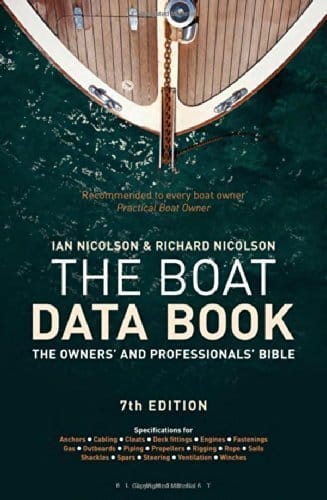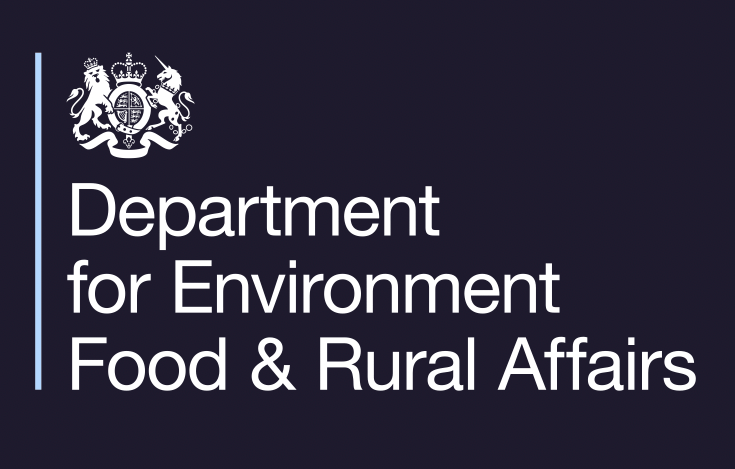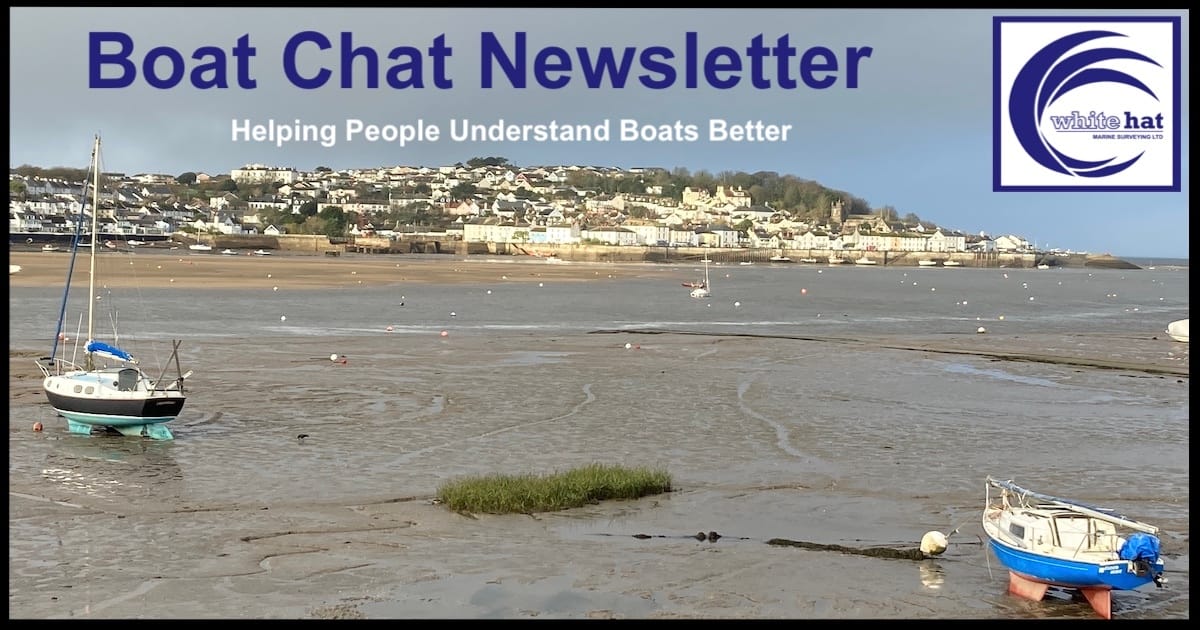
Maritime News
The Department for Environment, Food and Rural Affairs (DEFRA) has introduced tougher regulations on wood burning stoves as part of The UK government’s Environmental Improvement Plan 2023. The new regulations are 40 per cent stricter than the old rules. Previously, a stove could emit 5g of smoke per hour, under the new rules only 3g of smoke per hour is permitted. If your stove emits more than this, you may be subject to fine of £300 plus risk a criminal charge.
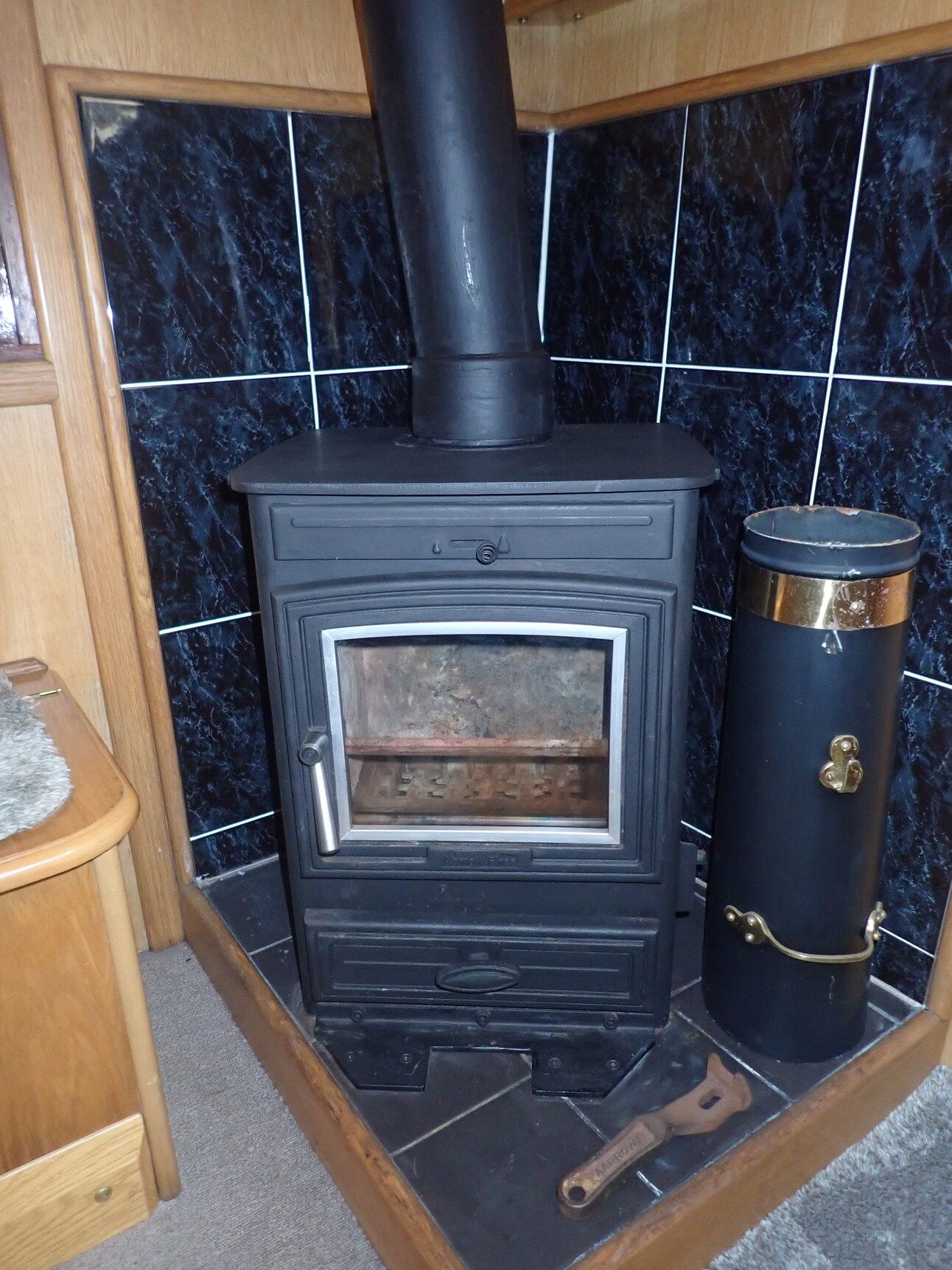
Enforcement may prove to be a challenge for many councils but for narrowboat owners it might be advisable to avoid using your stove in a designated urban ‘Smoke Control Area’ during daylight hours with a stack of old pallets on your roof!
An innovative project to regenerate the oyster population in the Solent was launched by the Isle of Wight maritime charity UKSA in partnership with Blue Marine Foundation. The plan involves placing baskets of oysters beneath the UKSA’s pontoons where they can breed in relative safety with a stable habitat.
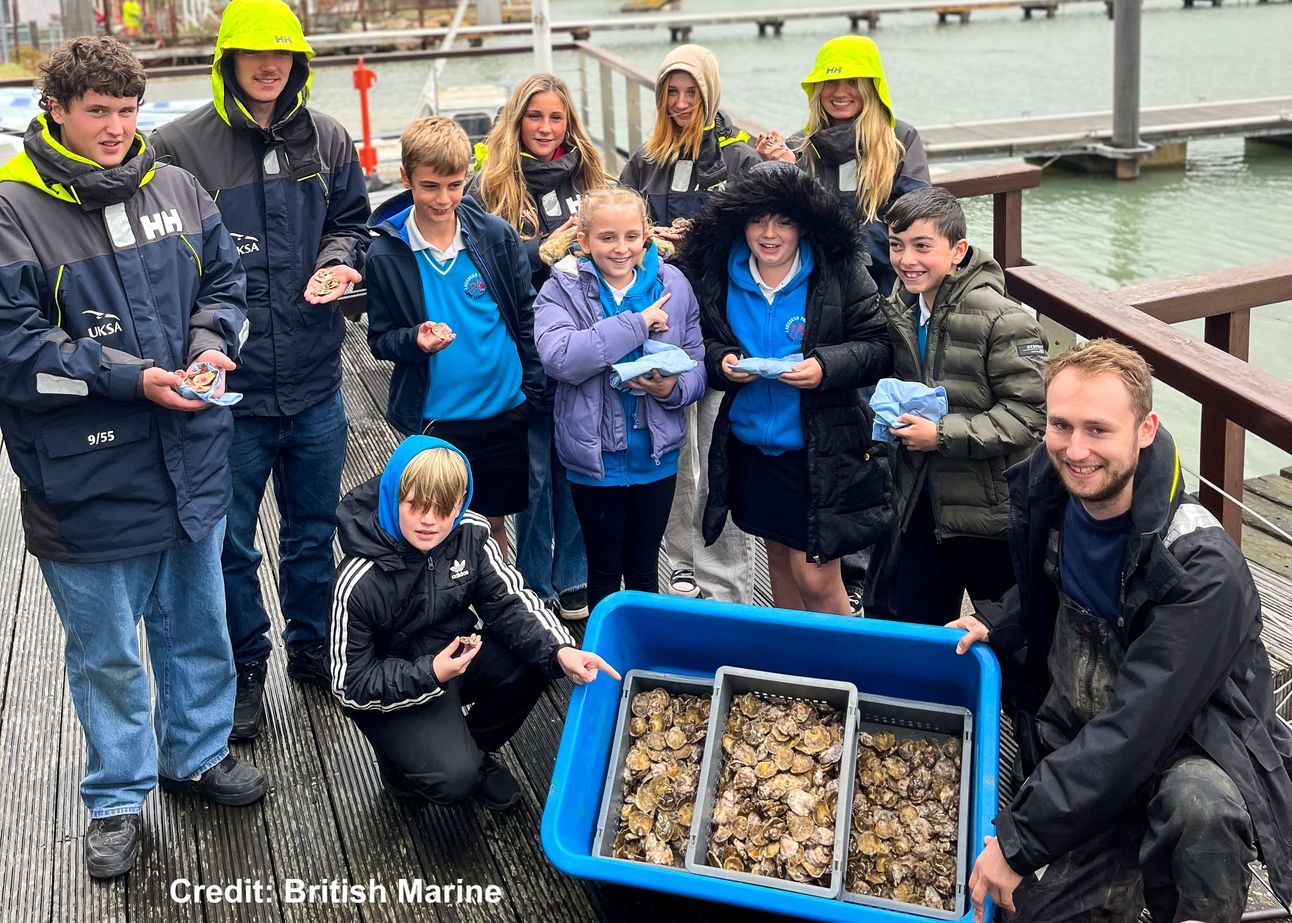
Oysters are renowned as ‘ecosystem engineers’ and can help reduce coastal erosion. The improvement in habitat encourages other endangered wildlife such as young seahorse and sea bass. Each adult oyster can filter up to 200 litres of water every day, improving coastal water quality. Given the headlines this year regarding the UK’s water companies, this is a GOOD THING.
Links to both of these stories are in Further Reading.
Boat Chat Focus

‘Every day is a school day’ has been one of the core philosophies underpinning my professional life. This comes from a loose interpretation of the Japanese practice of Kaizen (‘Kai’ meaning change and ‘Zen’ meaning good). Widely considered to be a key part of the success of Japanese industry in the 1980s and 90s; kaizen brought business focus onto optimising processes, reducing waste and involving all employees in a process of continual improvement.
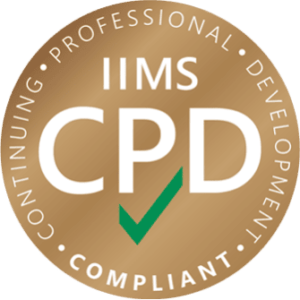
Many of us will be familiar with the modern day practice of Continuous Professional Development in our professional lives. CPD seeks to maintain and develop the skills and knowledge we need to perform at our best in a dynamic professional environment. Every day is a school day just sounds better.
So what, you may well cry? Boat Chat’s mission is to
‘Help People Understand Boats Better’
no matter what their role is within the maritime industry. In a presentation given by a marine professional indemnity insurance broker I know well the question was asked “How many of you define corrosion in your survey reports?” Most of the audience of surveyors laughed - why would we need to? Everyone knows what corrosion is! To which the reply was, how can you assume your Client knows and understands the process and implications of corrosion in a boat they are looking to buy. If you fail to appreciate your Client’s knowledge (or lack of it) and to explain concepts that the typical ‘man on the Clapham omnibus’ would not routinely understand, you are at risk of failing in your professional duty.

In that moment, the realisation that every sailor is on a learning journey hit home. Sailing at any level requires understanding multiple concepts, principles, rules or techniques. Whether you are looking to buy your very first boat, already have a few miles and a couple of qualifications under your belt or are preparing to race solo cross the Atlantic for the first time; there is always something to learn - be it corrosion, weather, navigation or COLREGS.
I think it was the late Des Sleightholme who once wrote:
“Reading avidly is like hoarding – some day that stuffed badger may come in handy”.
The humble beginnings of my maritime journey started with a RYA level 2 dinghy course in Plymouth Sound in the early 1990s. I graduated to Yachtmaster in 2004 and have been a marine surveyor since 2008. There have been several courses, teachers, books and mentors along the way that have helped me, and all played their part in developing my skills as a sailor, engineer and surveyor.
Your story will be different in the details, for sure, but the general direction of travel of the journey will I hope be, like mine: Kaizen.
Surveying Yachts & Small Craft
by Paul Stevens
Surveying Yachts & Small Craft by Paul Stevens has been one of my go to surveying books since I bought the first edition in 2010. It gives a hands-on insider’s guide to surveying second hand fibreglass yacht and is a really great read for boat buyers, boat owners, boat brokers and especially marine surveyors. If you want to learn more about identifying common defects on FRP yachts and how to write up your observations, this is a great place to start.
Every month or so I will take an hour to pick it up and re-read a chapter to refresh my knowledge and understanding of the text. It is like having a CPD resource on your bookshelf that is accessible, informative and free.
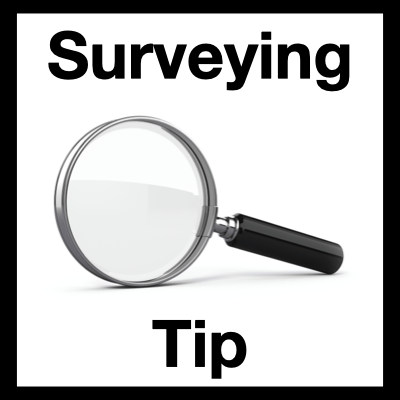
Paul outlines his four surveying principles which he considers essential knowledge for marine surveyors:
Never confuse fact and opinion. Paul considers this to be the golden rule. Think carefully about every statement in this respect and describe the limitations of any test or sampling used.
When a conclusion is drawn in a report as the result of limited sampling, that sampling MUST be fully defined in the report and it must be made quite clear that the conclusion is based on a limited sampling.
Areas that could not be accessed for any reason must be defined. PI insurers will normally insist that a general limitation is included in your reports but you should go further than this in important areas and state it again.
Any documentation concerning improvements or repairs claimed for the vessel must be listed in the report and it MUST be stated whether this documentation was examined or not, and remember, it’s invoices, not quotations you need to see.
For a full review of Paul’s book, watch my YouTube book review:
What To Read Next
Like most marine surveyors I have acquired a bookcase full of various texts relating to the marine surveying trade and maritime industry as a whole. Some are now out of print and some aren’t worth recommending but there are some really excellent books about marine surveying and boat design, building and maintenance that I do recommend. Several of these have helped me develop my skills both as a marine surveyor and also as a sailor and are great reads for boat owners and surveyors.
Classics such as Marine Diesel Engines by Nigel Calder
And Ian Nicolson’s classic reference text The Boat Data Book
To help you decide which book to buy next, I have put together an essential reading list on Kit.Co. All of the books are currently available on Amazon and with Christmas fast approaching there are some great suggestions for the boaty person in your life.
Boaty Terminology
Old Salt – A deferential term for a very experienced sailor from whom we could all learn a thing or two.
How To Support Boat Chat
Boat Chat’s mission is to ‘Help People Understand Boats Better’ by looking at what is going on in the world of boating. Helping people make sense of current maritime events, offering suggestions on how to make the best / minimise the worst boating outcomes and reviewing books and products of interest to boaters.
The easiest way to support Boat Chat is by buying us a beer at:

